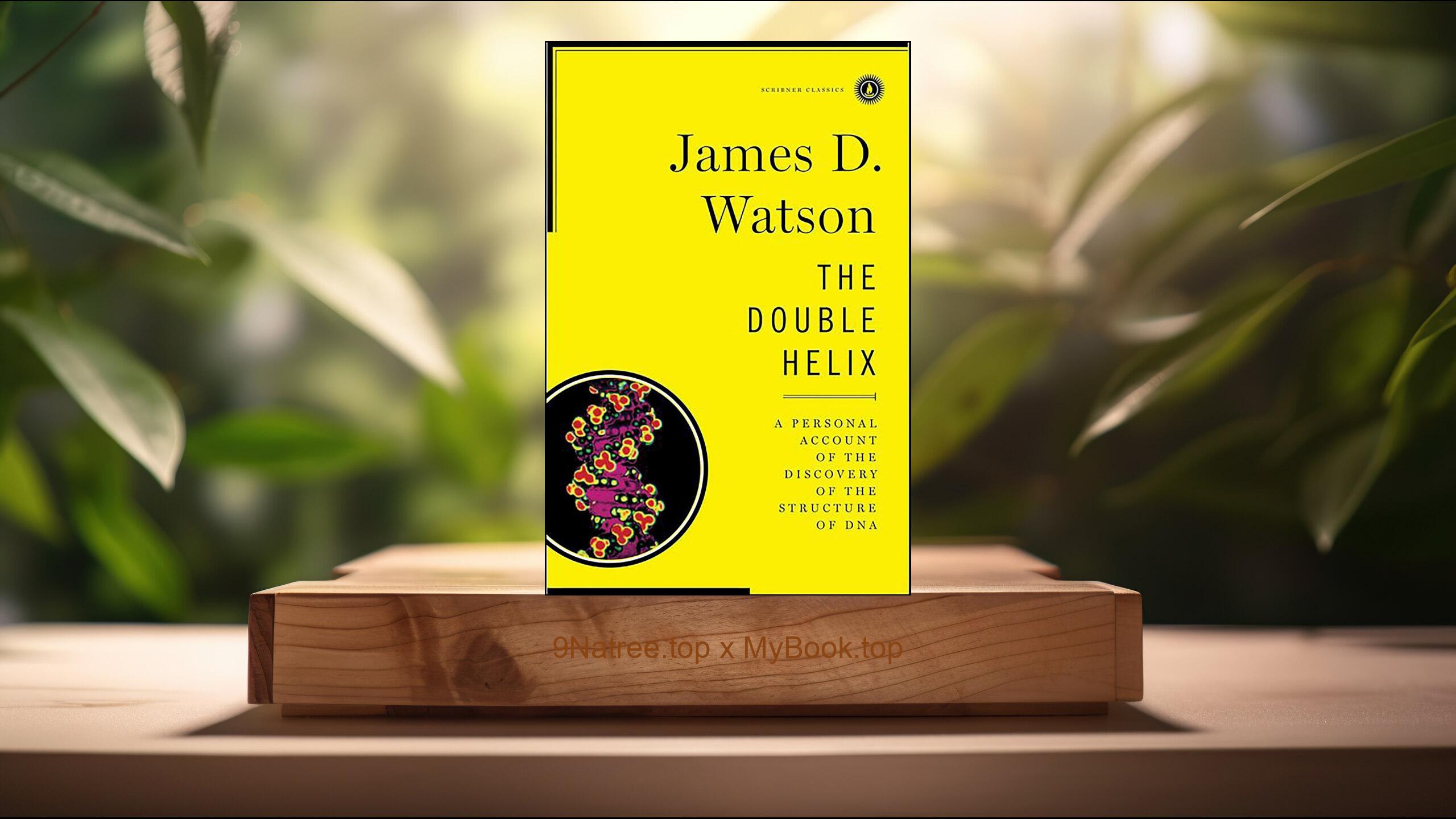Show Notes
Buy on Amazon: https://www.amazon.com/dp/B07Y7MNHL1?tag=9natree-20
Read more: https://mybook.top/read/B07Y7MNHL1/
#LifeTransitions #PersonalGrowth #ChangeManagement #NarrativeTherapy #Resilience #Uncertainty #SelfHelp #BruceFeiler #LifeIsintheTransitions
These are takeaways from this book.
Firstly, The Nature of Life Transitions, Life transitions, as Bruce Feiler elaborates, are periods where individuals experience significant changes that affect their identity, roles, beliefs, or routines. These transitions can be predictable, such as starting a new career or retiring, or unpredictable, like a sudden illness or the loss of a loved one. Feiler emphasizes that transitions, though challenging, are integral parts of human life. He argues that understanding the nature of these changes—embracing them instead of resisting—can lead to personal growth and deeper self-understanding. Through numerous examples, Feiler illustrates how transitions offer opportunities to reassess life’s priorities and values, fostering resilience.
Secondly, The Role of Narratives in Transitions, One of the key topics Feiler discusses is the importance of narratives or stories in navigating life’s transitions. He posits that the stories we tell ourselves about our transitions can significantly affect how we experience them. By reframing our narratives, we can shift our perspective from viewing transitions as setbacks to seeing them as opportunities for growth and renewal. Feiler provides guidance on how to craft new narratives that are empowering and forward-thinking, urging readers to become the authors of their life stories. This process of narrative reevaluation allows individuals to make meaning out of their transitions and move forward with confidence.
Thirdly, The Transition Toolkit, Feiler introduces a 'Transition Toolkit'—a set of practical strategies and tools designed to help individuals navigate any life transition effectively. This toolkit includes techniques such as crafting a transition narrative, creating a ritual to mark the transition, assembling a transition team for support, and setting actionable goals. He emphasizes the importance of agency, encouraging readers to take active steps in managing their transitions. Each tool in the toolkit is supported by real-life examples, showing how these strategies have been successfully applied by others. The toolkit serves as a valuable resource for anyone seeking to take charge of their life transitions.
Fourthly, The Collective Journey Through Transitions, Feiler also explores the collective aspect of transitions, highlighting how personal changes often intersect with broader social and cultural shifts. He argues that understanding the interconnectedness of individual and collective transitions can provide a sense of solace and solidarity. This recognition, Feiler suggests, can lead to a more empathetic society where shared experiences of transitions are acknowledged and supported. He advocates for community-building activities and open conversations about transitions as ways to foster a culture of collective resilience and shared growth.
Lastly, Embracing Uncertainty, A significant focus of 'Life Is in the Transitions' is on embracing uncertainty as an inherent part of life’s transitions. Feiler discusses the discomfort that comes with uncertainty and offers strategies to mitigate it, such as focusing on what can be controlled, practicing mindfulness, and staying open to new possibilities. He reassures readers that although transitions can be turbulent, they can also open doors to unexpected opportunities and lead to profound personal transformation. Embracing uncertainty, Feiler suggests, is not about eliminating fear but about learning to move forward in spite of it.
In conclusion, Bruce Feiler’s 'Life Is in the Transitions: Mastering Change at Any Age' is a compelling guide for anyone facing life transitions, whether they are expected or sudden. Through its exploration of the nature of transitions, the importance of narratives, practical tools for navigating change, the collective journey, and the acceptance of uncertainty, the book offers invaluable insights into managing life’s upheavals. It is an essential read for those seeking to understand how transitions can be transformative rather than disruptive. Feiler’s book equips readers with the knowledge and tools to face change with resilience, making it a beneficial read for individuals at any stage of life looking to grow and thrive through change.
![[Review] Life Is in the Transitions: Mastering Change at Any Age (Bruce Feiler) Summarized](https://episodes.castos.com/660078c6833215-59505987/images/1731030/c1a-085k3-njpr6n26u3ww-9d0lcd.jpg)




